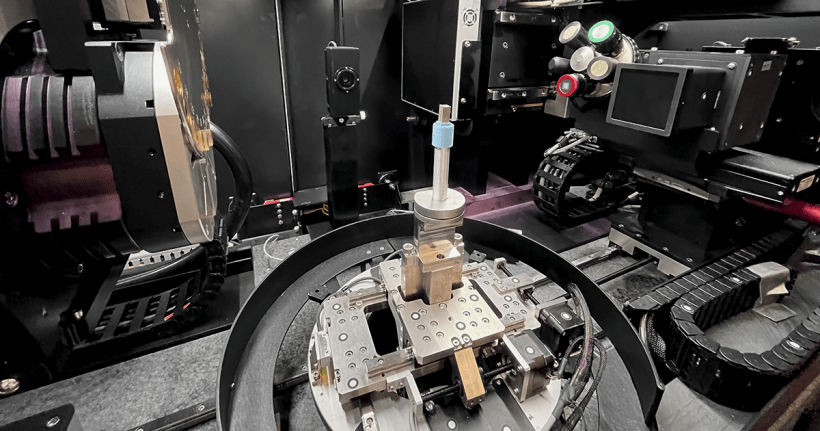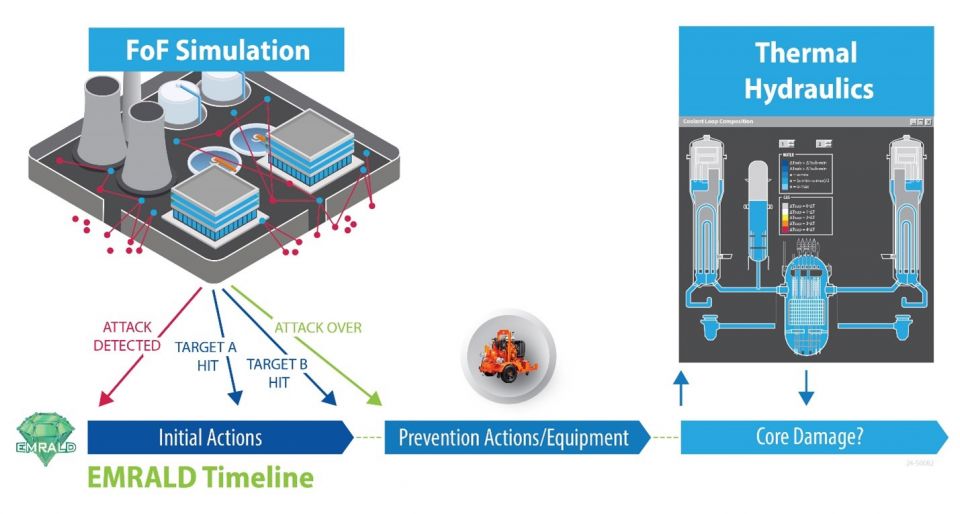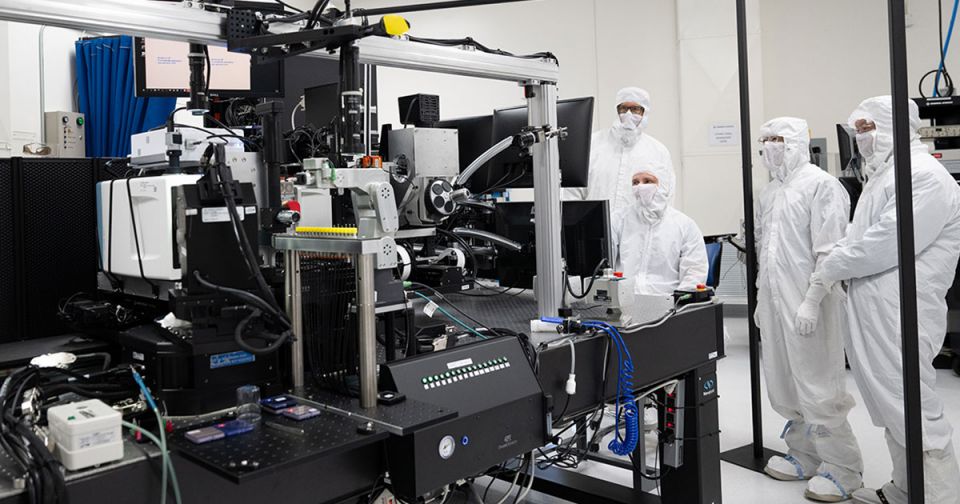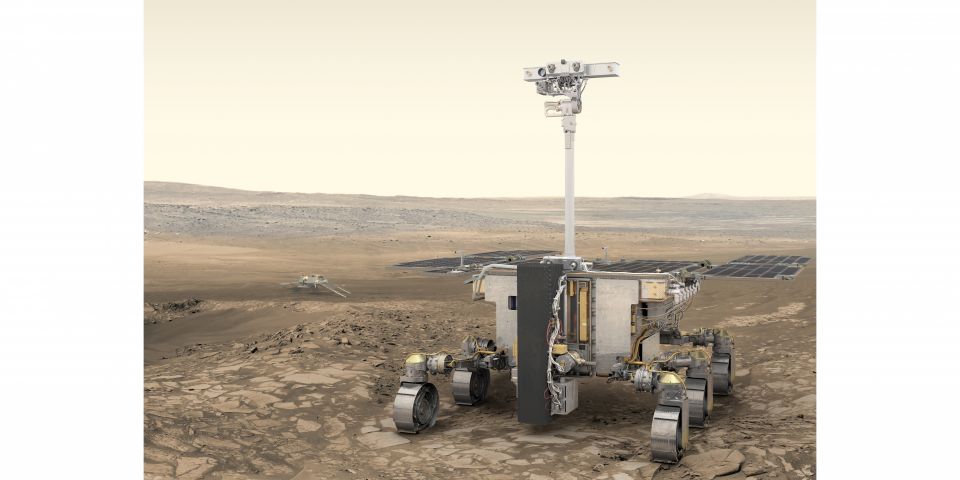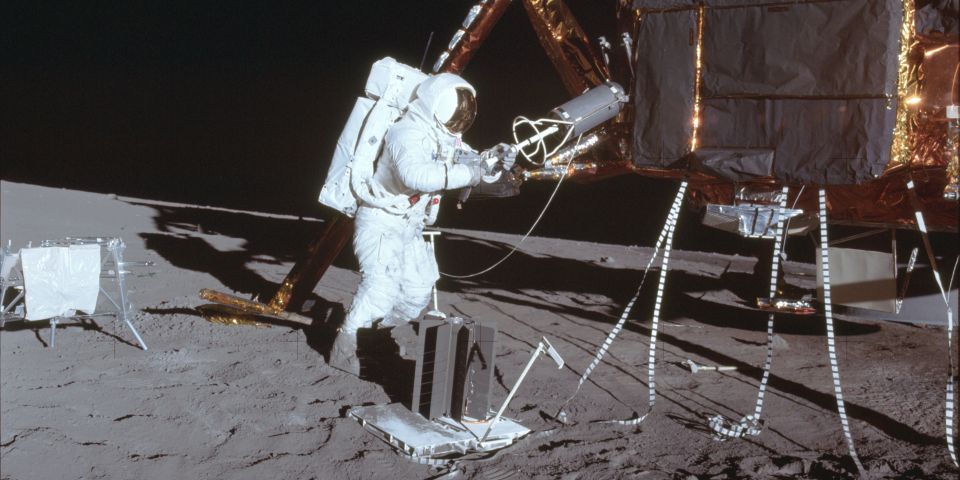New modeling of nuclear device to deflect or destroy asteroids en route to Earth
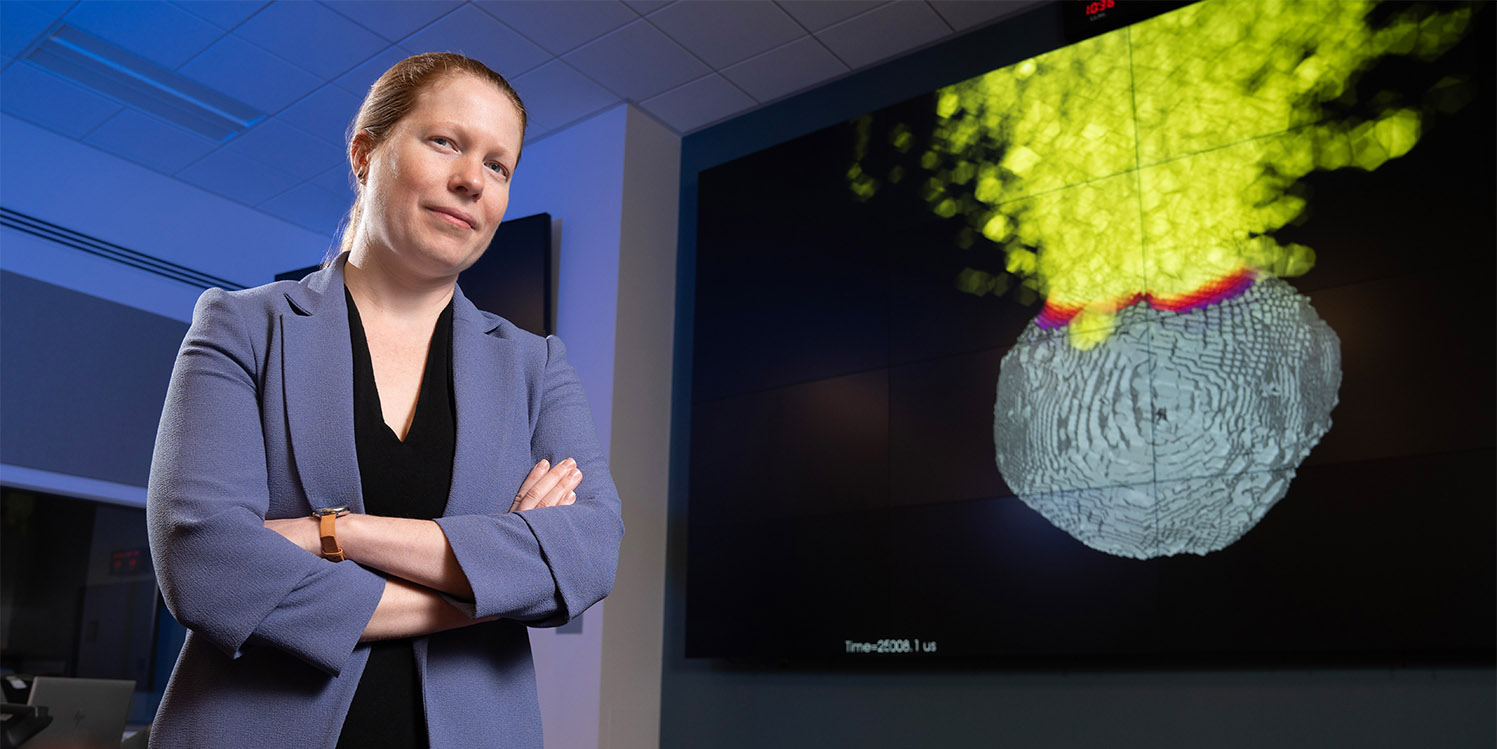
The same high energy density that makes nuclear energy a clean and efficient source of power could make it a good alternative to defend the planet against catastrophic asteroid impacts. NASA demonstrated the world’s first planetary defense technology in September 2022 by deliberately crashing a “kinetic impactor”—a heavy, box-like spacecraft—into an asteroid. Now, researchers at Lawrence Livermore National Laboratory have developed a new tool to model how a nuclear device could deflect—or even destroy—an asteroid threat to Earth in a more efficient and controlled way.


